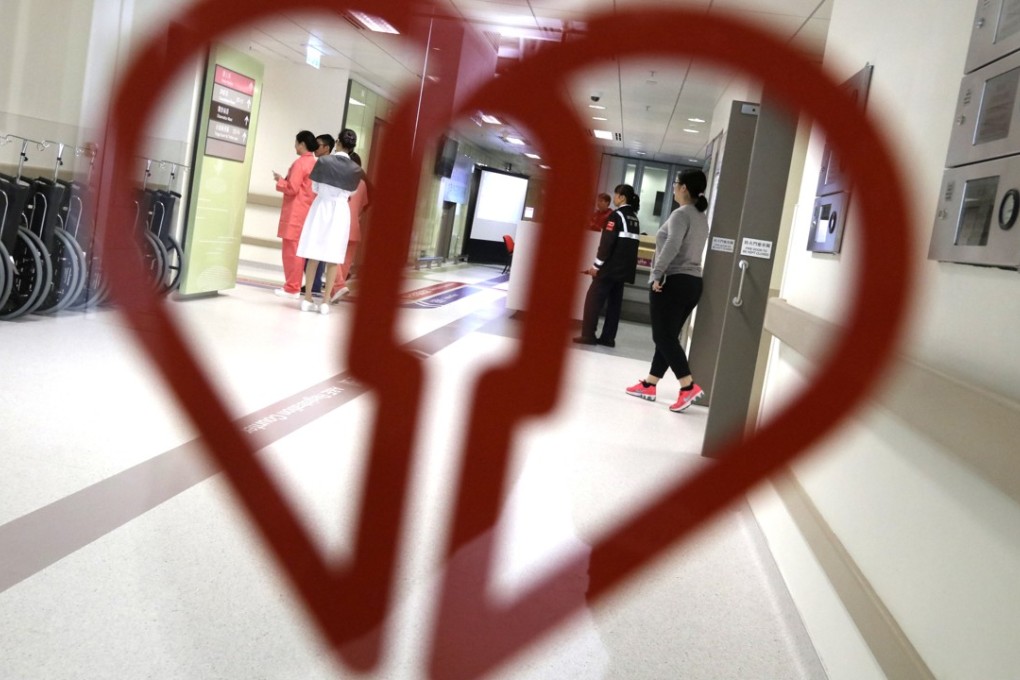In Hong Kong, big data is helping people take control of their health care
Leung Pak-yin says Hong Kong’s public health system is embracing an IT revolution to ensure the care it provides is more effective, efficient and transparent, thus empowering patients

Last year, the Hospital Authority handled 1.7 million inpatient and day-inpatient discharges and deaths, 2.3 million accident and emergency attendances, 7.5 million specialist outpatient attendances and 6.4 million primary care cases. In a city of 7.3 million people, the figures show the capacity and the intensity of our public health care system.
Every day, our clinical management system handles 11 million transactions. Our IT systems are huge. Since their launch in the 1990s, we have accumulated 280 terabytes of health data containing patient records, including clinical notes, drug records, laboratory reports, and radiological results and images. If printed on paper, this information would use up 85 million pieces of paper!
We will empower individuals to be participants rather than recipients in managing their health
Echoing the government’s commitment to developing Hong Kong into a “smart city”, the authority is exploring ways to further embrace innovation and technology to meet future health care challenges.
The emergence of big data is creating exciting new possibilities for analysing huge amounts of empirical and unstructured data to support medical research, test hypotheses and search for health-related patterns, trends and correlations on a macro scale. Beyond that, analysis of administrative, logistics and patient traffic data will also improve planning.
To make effective use of these data sets, we must be confident that the information they contain is of high quality, reliable and unambiguous. We should adopt internationally recognised data and terminology standards, and collaborate with both internal and external parties to realise the benefits of data sharing.